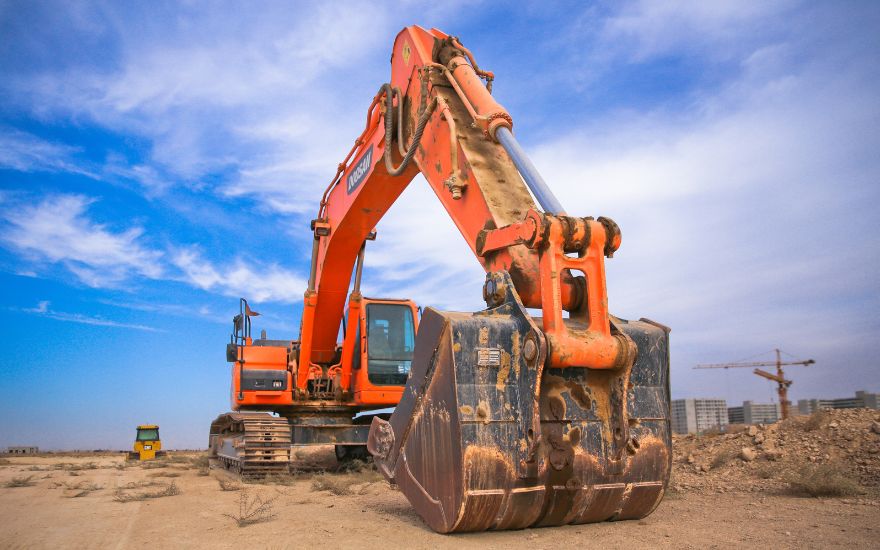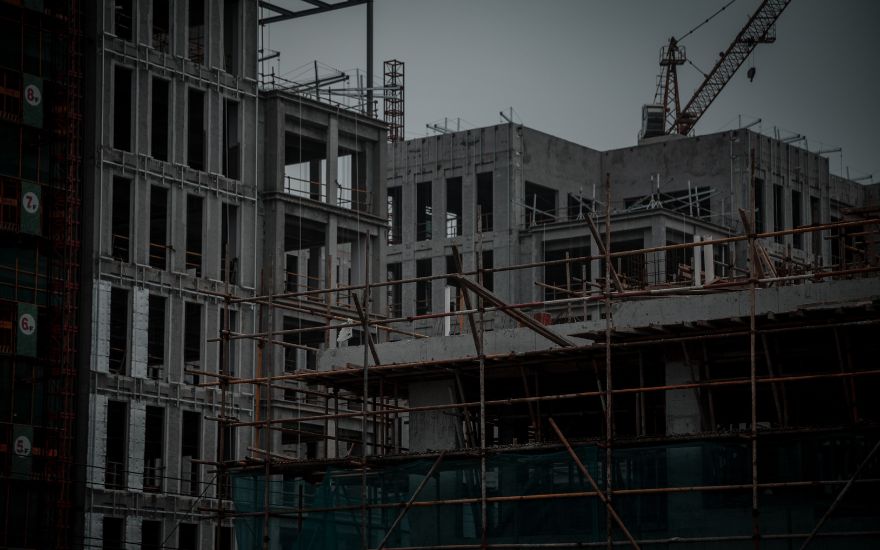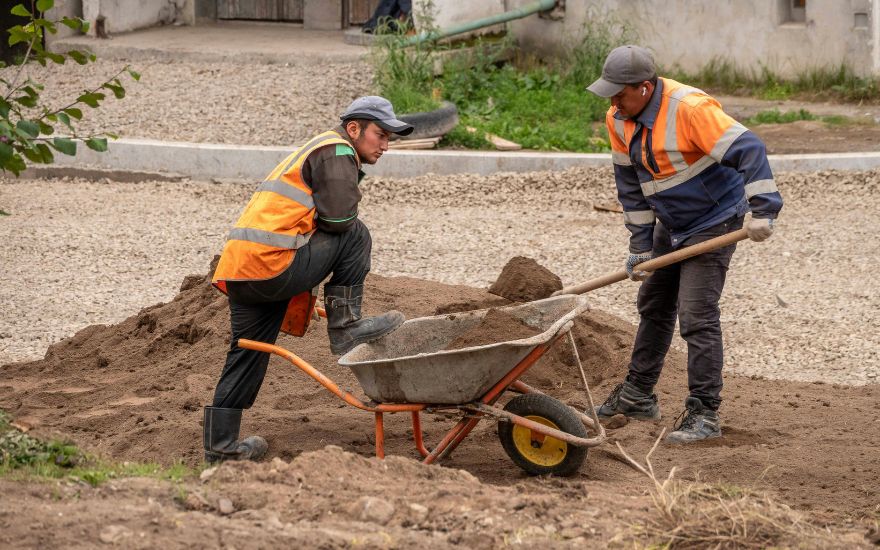When considering a construction project, most people focus on visible and tangible costs: materials, labor, equipment, and permits. But beneath the surface lies a spectrum of hidden costs that can quickly derail a budget and timeline. Whether you are a developer, business owner, or homeowner engaging in a PCL construction project, it’s vital to be aware of these lesser-known expenses that can accumulate unexpectedly. Understanding these financial pitfalls can protect your investment and provide the foresight to manage resources effectively. In this blog, we’ll reveal the crucial yet often overlooked costs associated with PCL construction.
This blog will dive into the often-hidden aspects of PCL construction, helping you identify and prepare for unexpected financial impacts. We’ll explain different categories of hidden costs, including soft costs, compliance-related fees, delays, and post-construction expenses. Whether you are planning a commercial, residential, or industrial project, knowing these factors can lead to smarter decisions and better financial outcomes. CozyCasa is your partner in navigating this complex landscape, offering full-service construction management with transparency and cost-efficiency at its core. Explore our construction services.
Things to Know Before Estimating Hidden Construction Costs
Even before breaking ground, there are fundamental elements you need to understand about how construction costs evolve. Many of these hidden costs are embedded in the early planning phases, long before a single nail is hammered. Knowing what influences costs and how the PCL process works will help you anticipate and mitigate risks.
Pre-construction planning requires detailed forecasting
Budget planning often underestimates the influence of poor pre-construction forecasting. Costs related to site analysis, project feasibility, and schematic design are essential but sometimes left out. Skipping these components may save money upfront but increases risk down the road.
Many of these processes fall under “soft costs” and are essential for risk mitigation. Omitting detailed environmental studies, soil testing, or zoning assessments can later lead to construction delays, redesigns, or fines, significantly raising total project costs.
Change orders disrupt timelines and increase expenses
In PCL construction, change orders—unexpected changes made during the construction process—can quickly inflate costs. These often result from incomplete planning or evolving client needs.
Each change order involves reallocation of labor, updated procurement, and sometimes extended leases on equipment, all of which add to the total cost. Ensuring a comprehensive and locked-in scope before construction begins is crucial to minimize these financial disruptions.
Permitting and legal delays are common and expensive
Local regulations can be complex and vary significantly by jurisdiction. Delays in obtaining the correct permits or misinterpretation of zoning laws can stall your entire project.
These delays translate into higher overhead, as labor and equipment sit idle while legal issues are resolved. Planning with an experienced contractor who understands the legal landscape can save both time and money.
Site conditions often result in unexpected costs
Unforeseen ground conditions, like unstable soil or hidden underground utilities, are common culprits behind escalating costs. These discoveries can require redesigns, foundation reinforcements, or relocation of utilities.
Early site assessments can mitigate these surprises, but no test is foolproof. Budgeting a contingency fund specifically for site-related surprises is a wise practice in any PCL project.
Labor market conditions can influence project cost
Labor shortages, union mandates, and local wage fluctuations significantly impact construction timelines and pricing. Even with pre-arranged contracts, economic shifts can lead to unanticipated labor costs.
Additionally, relying on subcontractors without proper vetting can result in delays, poor workmanship, and rework expenses. Choosing a general contractor like CozyCasa with strong local labor relationships helps mitigate these risks.
Key Hidden Costs in PCL Construction
Now that you’re aware of the preparatory considerations, let’s dive into the specific categories where hidden costs often emerge. Each of these H2 sections explores a type of cost often overlooked in typical construction budgeting.
1. Soft Costs Beyond Construction Labor
Soft costs include design fees, legal consultations, insurance, and project management fees. These are necessary for the project’s success but can be a surprising chunk of the total budget.
Architectural renderings, mechanical drawings, engineering plans, and feasibility studies all incur fees before construction begins. Including these in your financial forecast is essential to avoid budget shortfalls.
2. Environmental and Sustainability Compliance
Green building codes and sustainability certifications add more layers of cost. For instance, projects targeting LEED certification must invest in eco-friendly materials, energy audits, and waste management.
These certifications, while valuable, often come with consulting fees, product markups, and administrative costs that may not be part of the initial quote. Consider long-term operational savings to balance these upfront expenses.
3. Utility Upgrades and Infrastructure Access
Depending on your site’s location, connecting to municipal utilities can involve hidden costs. These include trenching, line upgrades, and meter installations.
Especially for rural or undeveloped lots, getting water, power, and sewer lines to your structure can cost tens of thousands. Factor these into your early planning to avoid last-minute surprises.
4. Equipment Rental and Maintenance Costs
PCL projects often require specialized equipment that’s rented rather than owned. Rental contracts typically don’t include fuel, transport, or downtime costs due to weather or breakdowns.
Routine maintenance and replacement during long-term projects can inflate these costs. Work with vendors that provide transparent terms and flexible rental packages.
5. Weather-related Delays and Cost Implications
Weather is one of the most unpredictable hidden cost factors in construction. Snow, heavy rain, or high winds can delay outdoor activities, pushing deadlines and increasing costs.
While some delays are built into the schedule buffer, prolonged weather interruptions demand additional planning, labor, and material storage solutions. Seasonal planning and weather insurance can help mitigate losses.
6. Technology and Software Integration Fees
Many modern PCL projects incorporate advanced construction tech like BIM (Building Information Modeling), drone surveying, or IoT sensors. While these tools optimize efficiency, they require subscriptions and training.
These hidden costs can include software licensing, cloud storage, and consultant fees for data integration. Clarify tech expectations and licensing fees before finalizing your vendor agreements.
7. Cost of Warranties and Post-construction Services
Many construction firms offer warranties and maintenance packages, but these services aren’t always part of the base price. Post-construction inspections and repairs add long-term value but require additional investment.
Clarify the scope and duration of any included warranties. Ensure any necessary post-project services—like landscaping restoration or lighting calibration—are included in the initial contract.
8. Insurance and Risk Management Provisions
Builder’s risk insurance, general liability, and performance bonds all add necessary layers of protection but also cost. These policies are critical, especially for large commercial projects.
These financial protections are typically passed to the client, either directly or via contract line items. Review and negotiate coverage levels to avoid overpayment while ensuring sufficient protection.
9. Financing and Interest Carrying Costs
For projects financed through loans or investor backing, interest and administrative fees can accumulate during delays. Each day of delay increases your carrying costs.
If the project gets delayed due to permitting, weather, or supply issues, your financing costs will grow. Consider short-term loan structures or milestone-based drawdowns to reduce financial exposure.
10. Commissioning and Certification Expenses
At project closeout, commissioning ensures all systems perform to spec. Testing HVAC, fire alarms, elevators, and energy systems requires certified inspectors.
These tests often uncover deficiencies that need correcting before occupancy certificates are granted. These costs come late in the process, so allocate a budget buffer to avoid surprises.
Why Choose CozyCasa for PCL Construction Services?
Navigating the financial intricacies of PCL construction requires more than just technical knowledge—it demands foresight, meticulous planning, and transparent communication. CozyCasa delivers exactly that. Our team of experts provides comprehensive planning, cost forecasting, and end-to-end project execution tailored to minimize surprises and maximize value.
We prioritize transparency by outlining both visible and hidden costs upfront. With our proactive approach, we reduce financial shocks and help clients avoid scope creep and budget blowouts. From sustainability consulting to insurance and warranty planning, CozyCasa ensures your PCL project runs smoothly from blueprint to occupancy. Get started with CozyCasa today.
Conclusion
Hidden costs are an inevitable part of any construction project, but with awareness and strategic planning, their impact can be controlled. From soft costs and permitting delays to environmental compliance and post-construction services, every phase of a PCL construction project presents financial blind spots. The good news is, with the right partner and preparation, you can build confidently, knowing you’ve accounted for what others overlook.
CozyCasa brings clarity and expertise to the entire construction process. Whether you’re planning your first commercial build or expanding an existing facility, our team is ready to help you identify hidden costs and reduce risk. Choose CozyCasa for construction done right—transparent, accountable, and always client-first. Learn more.
FAQs
- What are soft costs in PCL construction?
Soft costs refer to non-physical expenses like design fees, permits, and legal consultations. - How can I avoid change order costs?
Thorough planning and locking in designs early can help minimize costly change orders. - Are environmental regulations expensive to comply with?
Yes, especially if pursuing green certifications or building in environmentally sensitive areas. - Why are utility connection fees often hidden?
These fees vary greatly based on location and aren’t always included in base project quotes. - Do weather delays increase project costs?
Yes, delays due to weather can increase labor, equipment rental, and financing costs. - What is commissioning in construction?
It involves testing and verifying building systems to ensure they function as designed. - Is builder’s risk insurance necessary?
Absolutely. It protects against damage and loss during the construction phase. - What costs are involved post-construction?
Inspections, warranty services, and minor repairs often require additional investment. - Can I control financing costs during delays?
Yes, by negotiating milestone-based loan terms and monitoring drawdowns carefully. - Why work with CozyCasa?
CozyCasa offers transparent planning, risk management, and expert execution to reduce hidden costs in your project.


